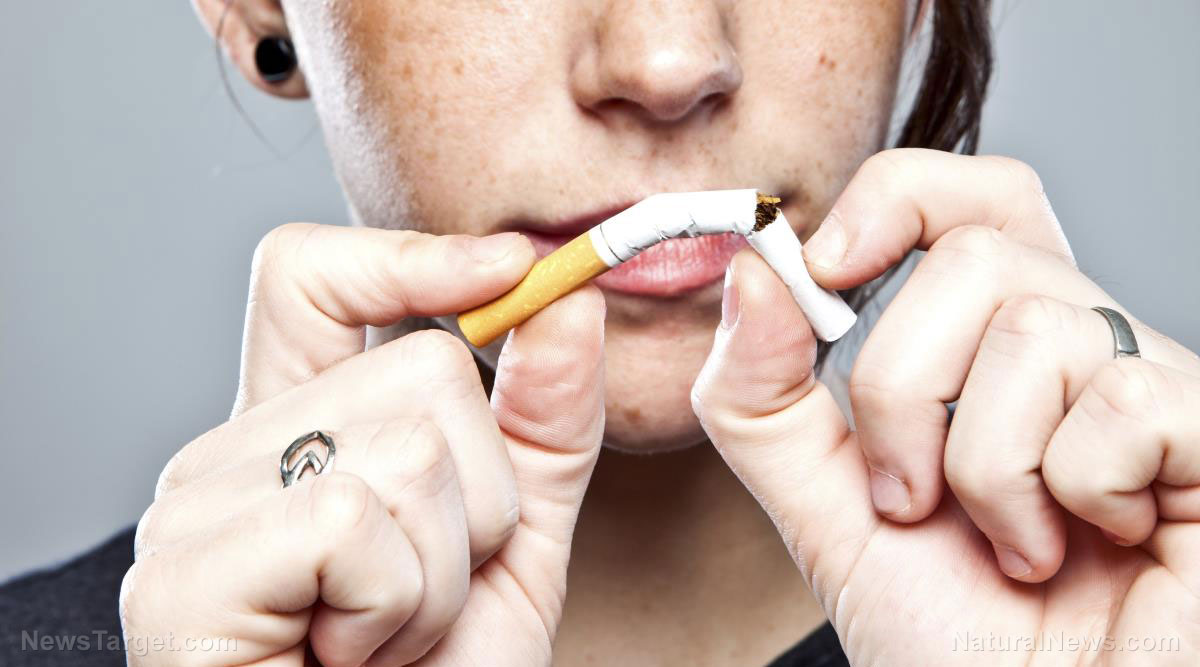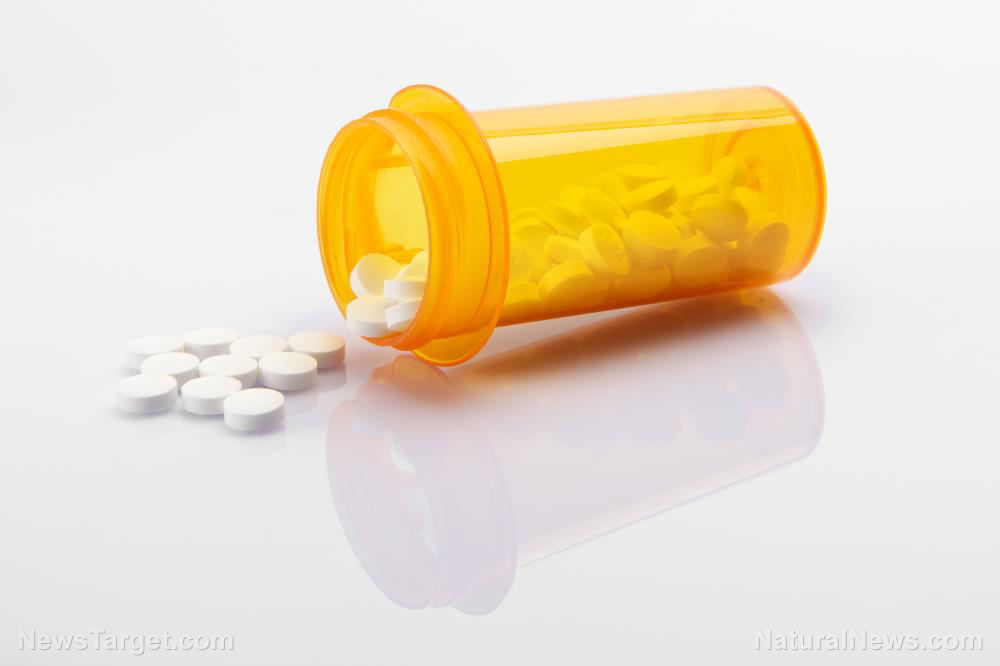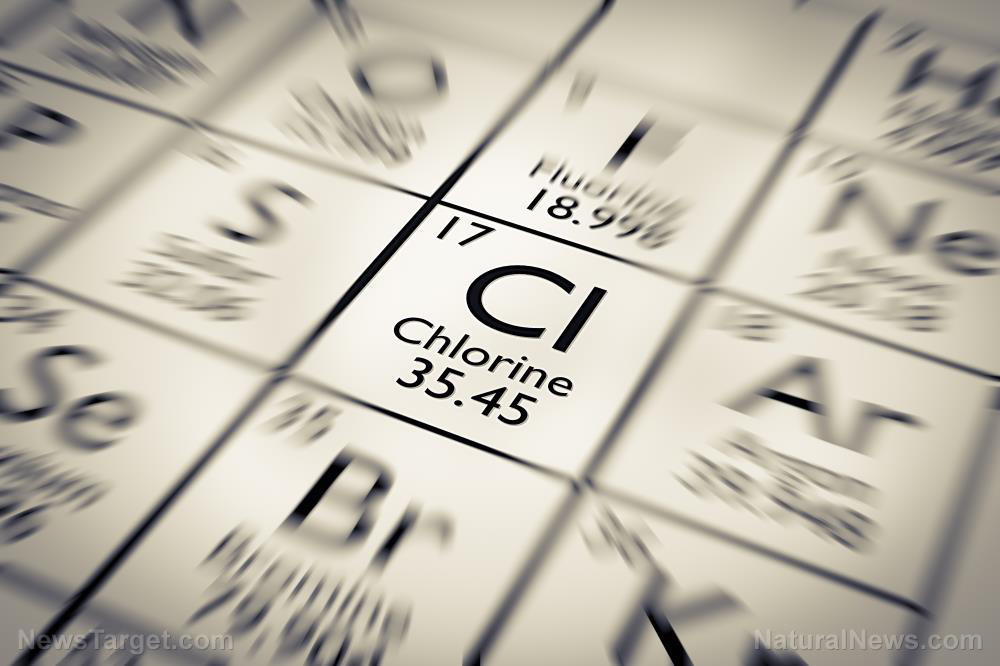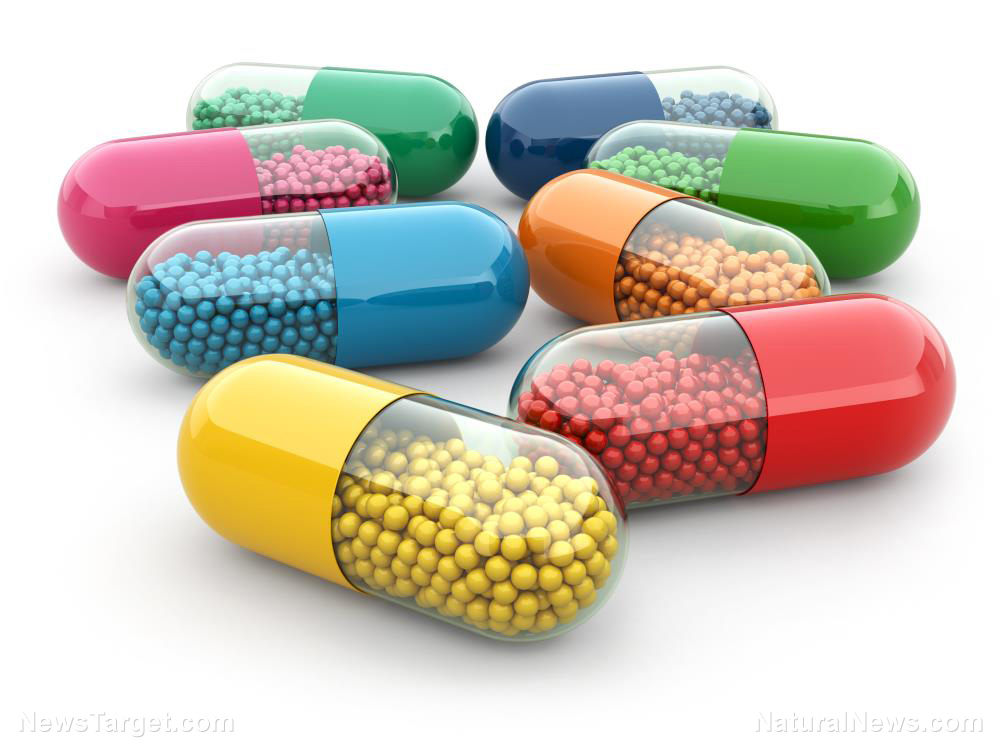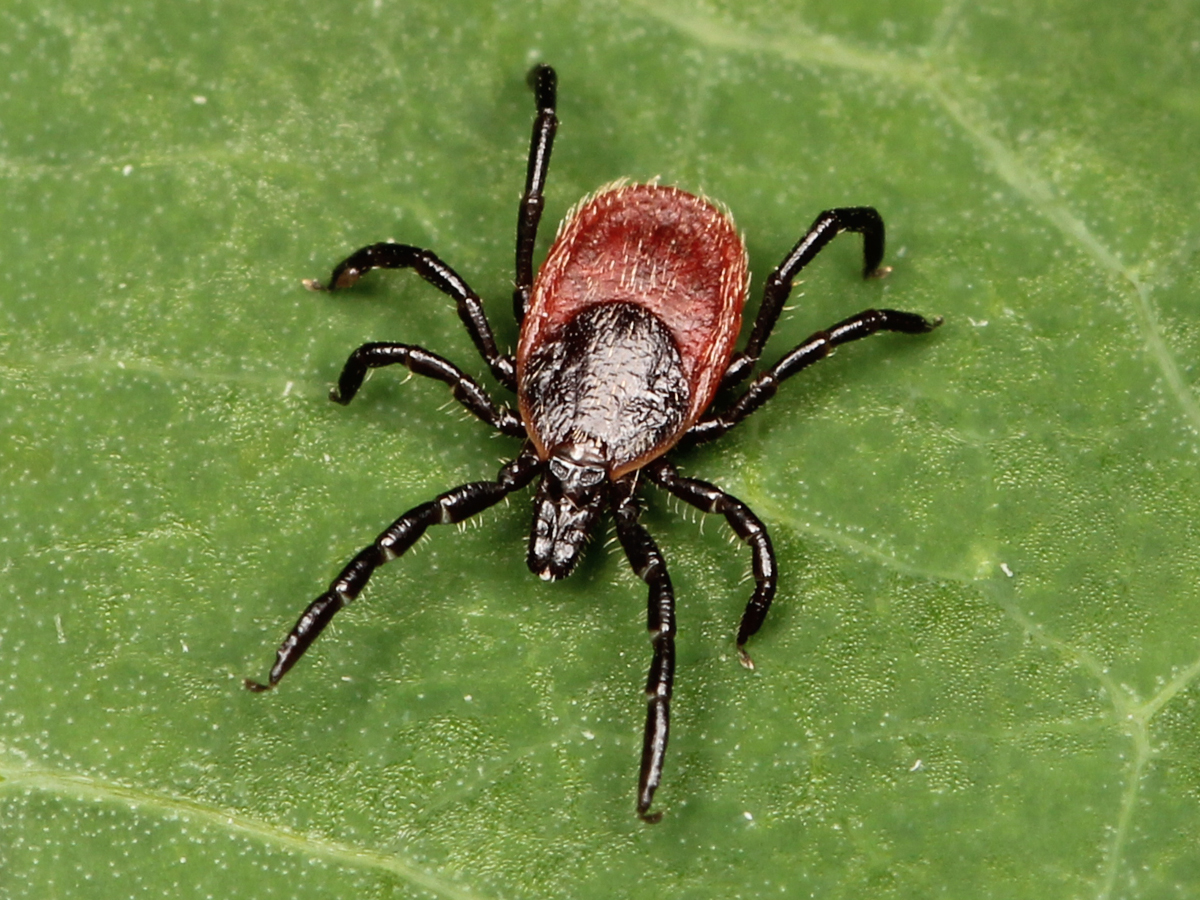Resveratrol in red wine shown to lower blood pressure in animal subjects
01/03/2020 / By Edsel Cook

Red wine contains resveratrol, a natural chemical that lowers blood pressure. Researchers from the U.K. reported that the compound might serve as a new treatment for hypertension.
Resveratrol appears in the skin of a grape. It possesses many properties that benefit human health. Proponents say the molecule may improve cancer, cardiovascular disease, dementia, and many other illnesses. Researchers have studied resveratrol to determine its use as a medical treatment. However, they did not understand how the compound achieved its supportive effects on health.
Recently, a team at King’s College London took a closer look at resveratrol. They discovered the mechanism responsible for the blood pressure-reducing effect of the compound. In a paper published in the medical journal Circulation, the researchers reported that resveratrol interacted with the protein PKG1a. Found in the wall of blood vessels, PKG1a controlled the stiffness of the passageway. Their paper explained that resveratrol added oxygen to PKG1a. The oxidized protein triggered the blood vessels to relax and expand. As blood found it easier to pass through an expanded blood vessel, the force applied to the walls decreased, leading to lower blood pressure. (Related: How can resveratrol improve organ transplant procedures?)
Resveratrol gets blood vessels to relax and expand by oxidizing a protein in their walls
The study clashed with the current understanding of resveratrol. Most experts believed that the chemical compound was an antioxidant, a molecule that prevented toxic oxygen molecules from harming cells and tissues. But the researchers said that resveratrol behaved in the opposite manner of an antioxidant. Instead of scavenging reactive oxygen species, the compound made it possible for oxygen in the blood to trigger the oxidation of the PKGA1a in the blood vessel walls.
Sponsored: NEW Biostructured Silver First Aid Gel created by the Health Ranger combines three types of silver (ionic silver, colloidal silver, biostructured silver) with seven potent botanicals (rosemary, oregano, cinnamon and more) to create a breakthrough first aid silver gel. Over 50 ppm silver, verified via ICP-MS lab analysis. Made from 100% Texas rain water and 70% solar power. Zero chemical preservatives, fragrances or emulsifiers. See full details here.
They took cell samples from the blood vessels of participants for evaluation. Tests showed considerable changes after taking resveratrol. Further, the researchers administered resveratrol to mice. In just 15 days, the blood pressure of the treated animals dropped by 20 mmHg, a significant amount.
Pharmaceutical drugs for hypertension used other means to bring down blood pressure. The oxidation-based ability of resveratrol offered an alternative approach for improving high blood pressure. The natural form of resveratrol proves highly resistant to dissolution. As a result, the body breaks the molecule down long before it reaches the PKGA1a protein in blood vessel walls.
Oxidants aren’t always the bad guys in health
King’s College London researcher Joseph Burgoyne led the study and served as an author of the paper. He explained that oxidation and the oxidants that triggered the process did not always harm health.
His team’s findings indicated that resveratrol achieved its blood pressure-reducing effects through oxidation rather than through antioxidant activity. They proposed that other chemical compounds might also have gotten mislabeled as antioxidants.
Burgoyne and his team received funding and support from the charity group British Heart Foundation (BHF).
“The findings bring us a step closer to tackling this “silent killer” which puts people at risk of having a devastating stroke or heart attack,” commented BHF researcher Metin Avrikan, who didn’t participate in the study.
“Although you can buy resveratrol supplements, the best way to keep your blood pressure under control is a healthy lifestyle, balanced diet and taking medicines prescribed by your doctor.”
Sources include:
Tagged Under: antioxidant, blood pressure, health supplements, high blood pressure, natural treatment, oxidation, red wine, reduce blood pressure, resveratrol


